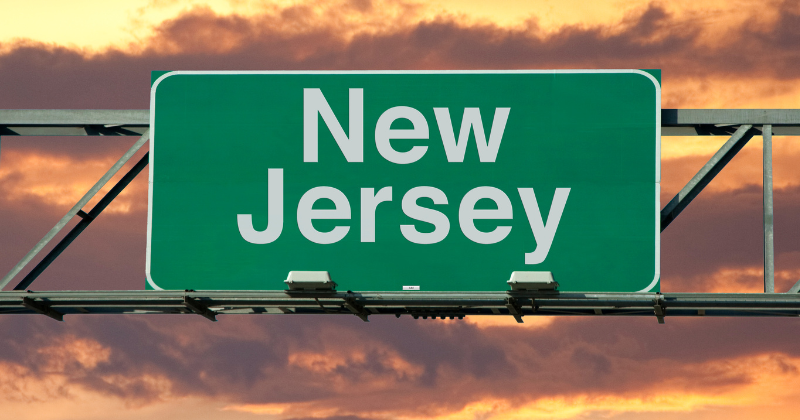New Jersey takes a big step in the battle for U.S. sports betting. The stakes escalated Monday as state lawmakers advanced a bill that bars public universities from partnering with sportsbooks. A move causing concern within the betting community. This measure aims to limit the presence of betting firms on college campuses. But it may also create unintended consequences for those hoping to place their bets elsewhere.
What’s in the Bill?
The measure, referred to as A4113, was approved unanimously in the Assembly Higher Education Committee and will now continue in the New Jersey state legislature. And the law is bad in particular for public universities, because it prohibits them from entering into partnerships. With sports betting companies, including schools like Rutgers. These tie-ups have become a concern over the past few years over the impact they have on students. Especially in between the corporate branding and young adults that can easily be swayed into problem gambling.
But the bill does have some carve-outs. Partnerships for educational or “experiential learning” reasons are still allowed. So long as they don’t include plain-vanilla marketing or advertising aimed at students. That blurs the line between what is perceived as an educational good and what might be seen as encouraging gambling.
Jennifer Maloney, executive director of the New Jersey Association of State Colleges and Universities. Supported the bill and stated that it protects students while recognizing the potential of college sports betting. As a future career path in data analysis, technology, or law. Maloney believes the bill strikes a good balance between safety and career opportunities.
A Growing National Trend
New Jersey isn’t the only state facing the issue of sports betting on college campuses. Across the country, the debate over the relationship between universities and sportsbooks continues to intensify. The NCAA has raised concerns about betting on college athletes. Especially prop bets that focus on individual performance. In response, several states have begun introducing their own measures.
Massachusetts, for instance, recently passed a law that restricts partnerships between gambling companies and universities. Likewise, West Texas A&M University cut off online gambling sites on campus devices. The Wi-Fi network in hopes of reducing addiction and keeping students healthy. Purdue University and others have also taken similar steps.
This nationwide turn shows that many universities and states are growing more wary of how sports betting companies influence students, even as the industry spreads. If schools trade student well-being for revenue-generating sponsorships and partnerships. They must take a hard look at how much young people lose by encountering the unhealthy sophistication of gambling so early in life.
Will Bettors Seek Out Other Sportsbooks?
Though this regulatory push was made to suppress the hold sports betting companies have on New Jersey public campuses. There could be collateral damage … bettors themselves. For gamblers looking to skirt local laws. Offshore betting sites that often have better odds and a wider variety of betting options could prove to be a popular option.
Although sports betting is legal in the United States, many bettors still choose offshore sportsbooks because they offer more diverse options and better odds. Unlike U.S.-centric sportsbooks, offshore operators face fewer restrictions. Accept a wider array of wagers. Including bets on college athletes—even in states that have outlawed or restricted prop bets.
Offshore betting carries similar risks—most notably, the need to trust the site you’re betting with. Yet many experienced bettors still pursue this avenue. If New Jersey cracks down on these practices, some bettors will likely shift to offshore options. Further complicating the very issues the legislation aims to resolve.
New Jersey’s move to push a bill that would limit public university partnerships with sportsbooks. That’s is indicative of an increasing worry about the impact of gambling on college students. Though the bill is designed to protect young adults from the perils of problem gambling. It could push bettors to other options, like offshore sportsbooks. With the sports betting map in the United States changing across the country, it will remain difficult for both legislators. Universities to walk the line between regulation and the way we actually bet.













